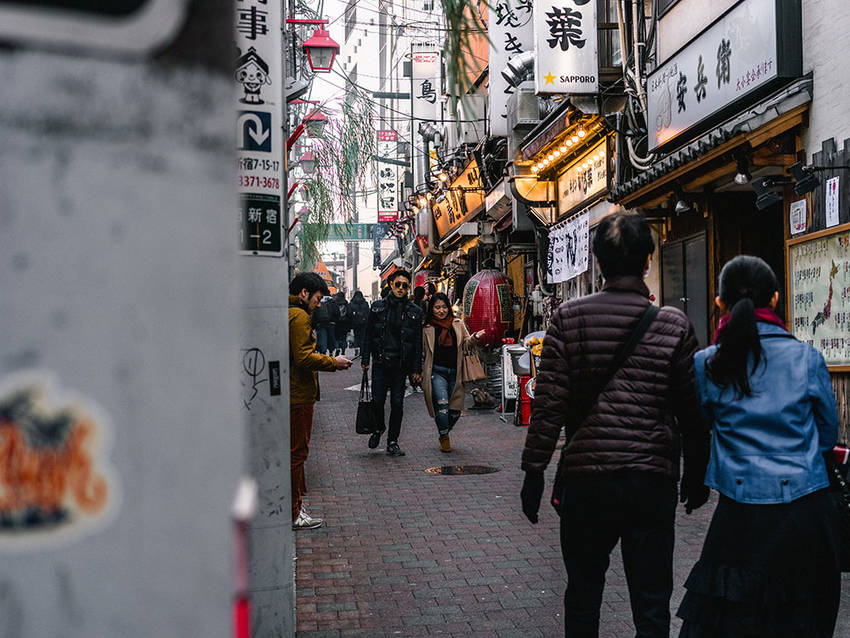
(1)
(2)
(3)
(4)
(5)
(6) ホストより
(7)
(8)
これらは
Manners in Japan
Here are some manners unique to Japanese life and business.
1. Always stand when greeting or exchanging business cards with someone.
It is extremely rude to greet or exchange business cards with someone while sitting while the other person stands.
2. Smoking, eating, or drinking while walking.
Japanese culture considers smoking, eating, or drinking while walking bad manners. In Japan, especially, there are no garbage cans. This means that you are not supposed to throw out the garbage.
3. Don’t talk loudly.
When conversing in populated places like trains, restaurants, coffee shops, and more, don’t speak loudly. Furthermore, using cell phones may also be prohibited.
4. Don’t start eating meals with others until after everyone arrives.
When eating at a meeting, be sure to wait until everyone is present before you start to eat. If you are allowed to eat first, the organizer should ask you to eat first.
5. Don’t touch the last leftover.
When you are eating, be careful when eating the last of the food that’s left over. Manners dictate that you should not touch the last piece of food.
6. Don’t order something more expensive than the host.
If someone invites you to a meal, you should avoid ordering something more expensive than your host.
7. Make it easy for your guests to order as the host.
If you’re the host and you invite a guest to a meal, you should either order the most expensive item possible, or you should tell your guest in advance that he or she can order whatever he or she wants.
8. Keep some cash on hand.
Japan is a cash society, so make sure to have some cash on hand. As a rule of thumb, you should try to have between 30,000 and 50,000 Yen in cash.
These are the things I try to keep in mind when I go to Japan. I hope they will be helpful to you. Have a good time in Japan.
sign up for the Japanese-Online Newsletter
__..-・**・-..__..-・**・-.._ あいうえお かきくけこ さしすせそ たちつてと なにぬねの はひふへほ まみむめも やいゆえよ らりるれろ わゐうゑを ん __..-・**・-..__..-・**・-.._
#JapaneseOnline #LearningJapanese #FreeJapaneseLessons #JapaneseVideoLearning #JapaneseAnime #Anime #JapaneseFood #Bloguru
